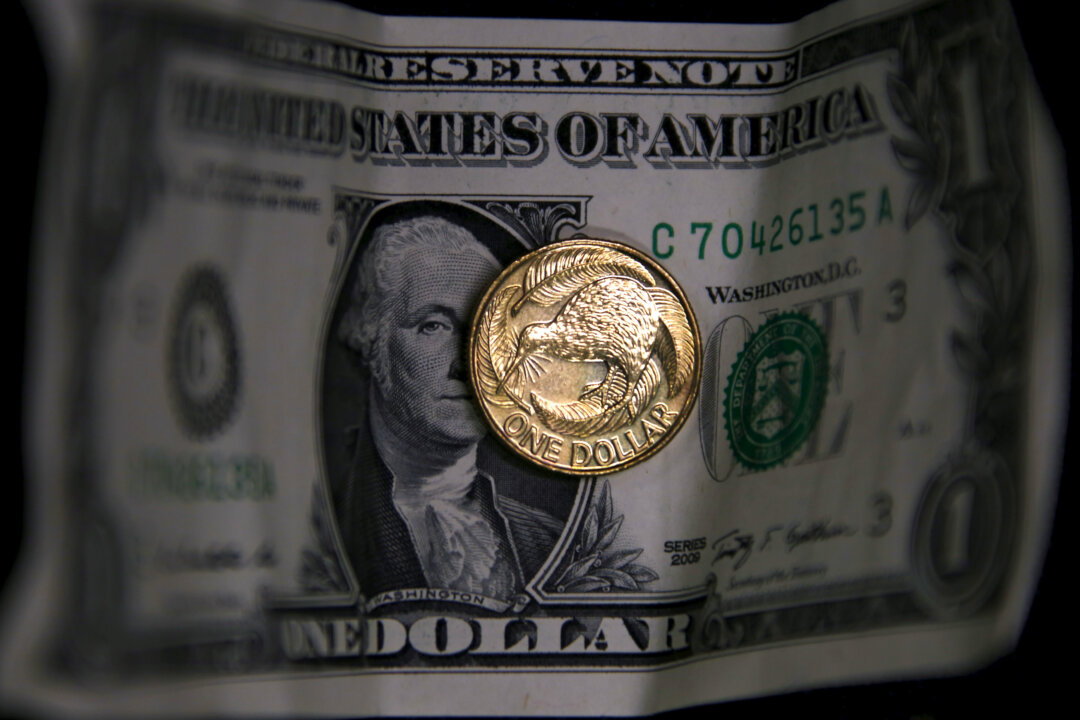Eurozone Inflation Fell More Than Expected, Putting ECB Rate Cuts Into View -- Update
Inflation fell significantly more than expected in the eurozone in November, closing in on the European Central Bank's target, raising the possibility that interest-rate cuts could come sooner than previously expected.
The bloc's consumer price index-a measure of the cost of goods and services-rose 2.4% on year, slowing from 2.9% the previous month, according to preliminary data published by the European Union's statistics agency Eurostat on Thursday.
It was the lowest rate since July 2021. Economists polled by The Wall Street Journal had expected prices to rise 2.8% on year.
On month, consumer prices fell 0.5%, Eurostat said.
That means the headline rate is cooling toward the ECB's 2% inflation target, and all but confirms that the central bank's recent unprecedented hiking cycle is over. The ECB's key deposit rate has jumped from minus 0.5% in June 2022 to 4.0% in September this year.
Decision makers at the ECB have, however, been cautious about discussing easing monetary policy. But the larger-than-expected fall in inflation means it is becoming increasingly untenable for policymakers to claim that they aren't even thinking about rate cuts, Capital Economics' chief Europe economist, Andrew Kenningham, said in a research note.
"With headline and core inflation likely to trend down in the new year it will hard for the ECB to ignore the extent to which the inflationary tide is turning," he said.
Money markets are pricing in a first 25 basis point interest-rate cut in April, according to Refinitiv data.
Core inflation, which removes volatile energy, food, alcohol and tobacco prices-and is watched closely by ECB policymakers as a reflection of underlying inflationary trends-dipped to 3.6% from 4.2%. Economists had expected it to come in at 4.0%.
A slowdown in the economy will also help the Frankfurt-based bank to consider lowering borrowing costs earlier to boost consumption. The eurozone economy contracted 0.1% in the third quarter of this year, with economists expecting growth to be flat in the last three months, according to a FactSet consensus.
Headline inflation was, however, primarily dragged down by energy prices, which were 11.5% lower on year in November, more than the 11.2% fall recorded in October. It comes as oil prices have fallen on the international market, despite geopolitical concerns over conflicts in the Middle East and Ukraine.
Food prices in the eurozone, meanwhile, eased to 6.9% in November from 7.4% in October, while services inflation ticked down to 4.0% from 4.6% in the prior month.
Among the bloc's largest economies, annual inflation fell in Germany to 2.3%, in France to 3.8%, in Italy to 0.7% and in Spain to 3.2%, according to EU-harmonized data.


/cloudfront-us-east-2.images.arcpublishing.com/reuters/7JBZ5KOCQVPR3HGZIHW5455CGM.jpg)
/cloudfront-us-east-2.images.arcpublishing.com/reuters/3XC2BPLFZFK75DYZRUJI6O4HII.jpg)


:quality(70)/cloudfront-us-east-1.images.arcpublishing.com/cmg/5HWPPPME3PSAGNJAYJBLMO7YFY.jpg)











